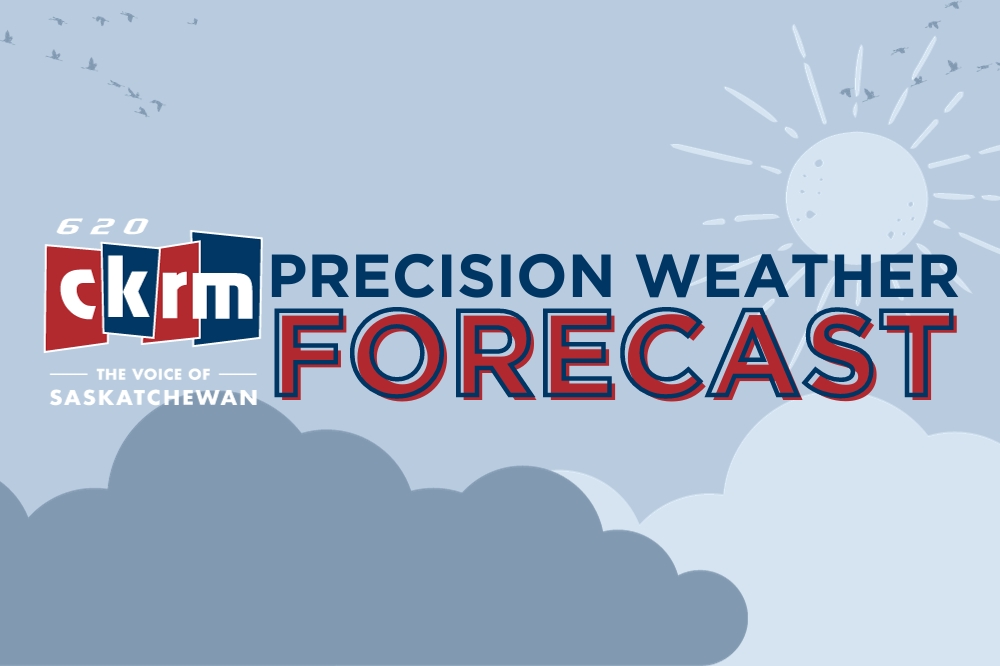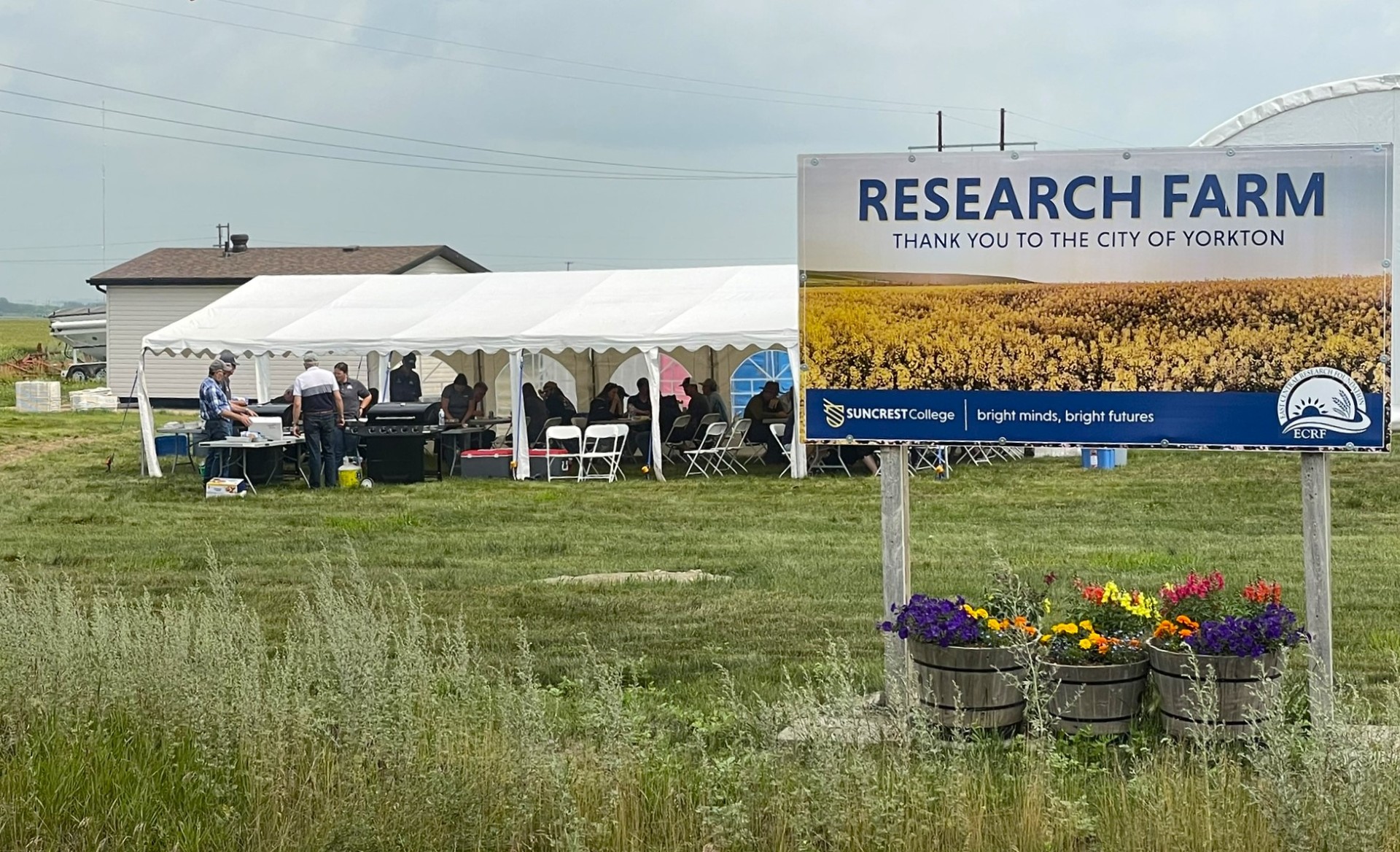Our leaders – appear to be turning their backs on the city of Regina’s homeless population.
Changes made to provincial programs put our poorest citizens in even more jeopardy. A lack of funding has led to many community initiatives being being scaled back, or outright dismantled.
Truth be told – many in our city are experiencing a very different version of Regina. Mayor Sandra Masters and the collective at city hall seemed be close to a solution – when posturing and infighting derailed a plan to end homelessness from being included in the last municipal budget.
The plan would have increased civic property taxes in order to make a sizable dent in the issue. The decision is one that city council was at odds with – leading to an eventual lawsuit being lobbed by city councilors.
The situation seems dire. With an increase in the cities homeless population being seen year over year. Coupled with a lack of funding and supports for mental health, and a growing opiate epidemic – it seems like those in charge are short on solutions and facing a raging epidemic of poverty across the city that forces many to the streets.
It’s been said that a society can be judged on how it treats it’s most vulnerable members – with many who are working closely with the issue of homelessness giving our microcosm here on the prairie a failing grade.
Truthfully there is not a single “silver bullet” solution for the crisis unfolding on the streets of Regina. Instead – many layers need to be addressed in an “all hands on deck” approach.
Municipal government defers responsibility to the province, the province defers responsibility to Ottawa.
One solution – providing everyone in the province with a Universal Basic Income. In the throws of the COVID-19 Pandemic our country played with the idea of a UBI with the Canada Emergency Relief Benefit. A program that likely saved thousands from becoming homeless. A Universal Basic Income would need to come from a federal level, and has become an issue of political will.
A starting point says advocate Peter Gilmer – could be as simple as increasing the minimum wage.
“If I were the Premier -dealing with the issue – increasing the minimum wage would be a priority. Our call was to immediately go up to $15.00 as opposed to $13,00 with an incremental plan to move it to a living wage. In terms of the province adequate income supports, living wages, more quality and affordable housing. Expansion of social housing and making the best use of the social housing we have in place presently.” Provincially the government chose to go with a painfully slow incremental increase to the minimum wage. We will be seeing the wage move to Gilmer’s suggested $15 in 2024. Saskatchewan has the lowest minimum wage in the country. Another government with the power to make change happen – but instead choosing a pathway of inaction.
Gilmer points out that the 1971 Human Rights act suggests that living in poverty is a violation of human rights. International human rights law states that a human right is access to an adequate standard of living, which includes the right to food, clothing, health, housing, and medical care. In many cases he says community agencies are filling the gaps in these rights being met.
“Filling these gaps should really be the responsibility of government,” continued Gilmer. “The Government is in a position to make the necessary changes needed to alleviate poverty, and end homelessness ,” he says.
With so many of Regina’s homeless being left out in the cold by those in charge – the solution may in fact, lay with the hundreds of concerned citizens at the helms of the city’s non profits, and charitable organizations focused on the issue.
While a bowl of hot soup or a haircut might be a bandaid – advocacy groups are rallying for change – putting pressure on those in power.
Volunteerism with grass roots organizations helps – bringing what you can – what your skillset is to the benefit of others. Maybe it’s working closely with individuals in the community – or contributing via community groups.
Concerned citizens have started community fridges, led walks, even pushing for change to create the now defunct “Camp Hope”, a tent city in Regina that by and large was run by citizens – not bureaucrats.
“If concerned citizens across the board are consistent in wanting to have a more just equitable society without homelessness, that is something governments will listen to.”
Gilmer – remains hopeful.
“Public attitude and public opinion is a driving force for government. If the people lead, the leaders will follow.”








